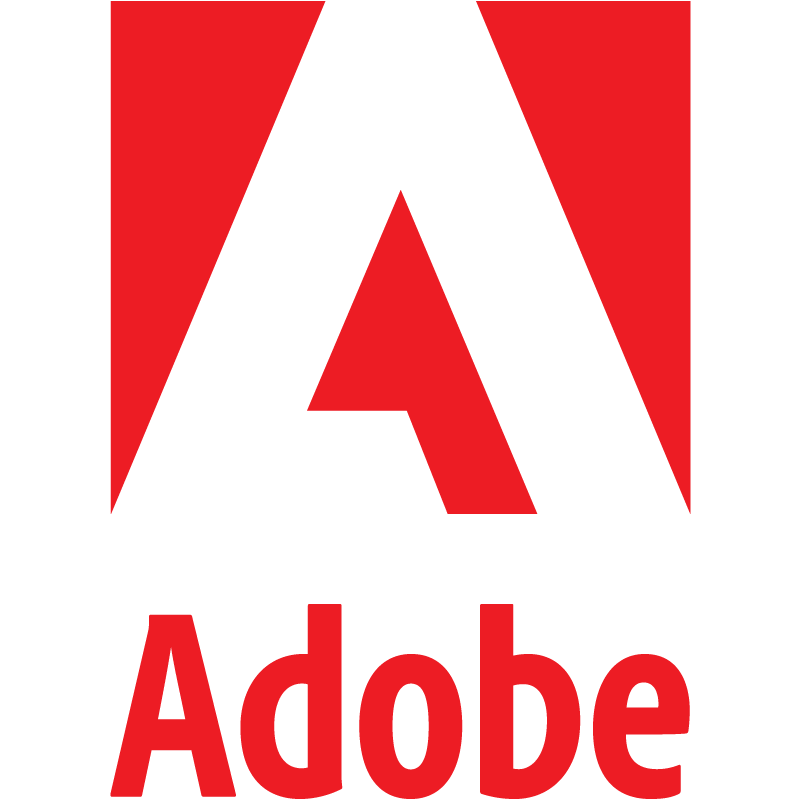This was the first time I participated in Adobe eLearning Conference held in Washington D.C. and am I glad that I did so. I understand this was the second time this conference was organized. If I’m not wrong, close to 600 people attended this one, in contrast to about 200 last year (I’m told).
I’m someone with one foot in online learning space and the other firmly planted in technical writing. I believe that, no matter how you slice it, creating technical “documentation” is, in essence, teaching and learning technical information. So in that sense I see a great overlap between the eLearning and TechDoc spaces. That’s why I attended this great conference as a Captivate and Presenter Express user.
First off, I was very happy to meet in person some of the people that I’ve been following for a while on the Internet; truly exceptional elearning professionals like Paul Wilson, Joe Ganci, Mark Lassoff, Anita Horsley, Phil Cowcill, Nancy Reyes, Damien Bruyndonckx, Dr. Pooja Jaisingh, Dr. Allen Partridge, and others. It was my good luck to end up at the same breakfast table with most of them. BTW, talking about the breakfast – the organizers should be applauded for the super breakfast, lunch, snacks and beverages they’ve provided. Hosting (by Carahsoft) was first class and everything was free as well (including my lovely Adobe t-shirt). Thanks Adobe!
My only problem with this conference was this: there was just too much to learn and attend to since there were five tracks of presentations lasting the whole day. So unfortunately I ended up attending only 20% of what was going on around me. I enjoyed some wonderful presentations about mobile elearning, principles of sound elearning design, how to use videos properly in elarning, how to design a great learning system in this “attention economy,” etc.
The presentation delivered during the closing session by Tridib Roy Chowdhury (G.M. & Sr. Director of Products at Adobe) was very thought-provoking as well.
In his presentation Chowdhury forwarded provocative themes like “How to Out-Google Google.” It was evident that he touched on a current concern (i.e., not enough people are using LMS for their learning) shared by most within the eLearning community but I had and still have my reservations on that score.
The differences between my point of view and that of Chowdhury’s was evident from the very outset when he, in the beginning of his presentation, asked for a show-of-hands about the different venues and sources of learning that the conference participants had used recently. To me it was telling that books were not included in that list! I love things digital obviously and I’m on the Internet most of the day for all kinds of learning and information gathering. But the omission of a source as obvious as the good-old books made me wonder if we were relying on a somewhat lopsided paradigm, with too much emphasis on things digital.
I believe people use different platforms and sources for different kinds of learning. Yes, I do use Google to access quick info on specific inquiries. I do not go to my local library anymore for straight-forward fact finding. But guess what, when I’d like to learn the life of a great scientist, for example, I still search for a good book written by an established writer who did a lot of research on that topic. I do not expect to learn as much and at that depth from Google for that specific mission.
Another example: when I want to learn the best way to visit San Francisco or Paris, I’d check neither Google nor my local library. Instead, I’d call a friend or a relative who had been there. I’d try to learn from them all the things I should pay attention to once I’m there. They would be my first source of information for that specific case. After that I wouldn’t mind checking out Google as well.
Similarly, for me eLearning has a special and very valuable place. When I want to go through a new topic in a step-by-step fashion, with all sub-topics organized from easy to difficult, while interacting with the material and testing myself along the way, I want nothing but a good eLearning module with links, pictures, videos, quizzes, badges, scores, and all that good stuff. eLearning does not need to “out-Google Google” since the two are designed to accomplish different tasks and serve different benefits. I’m still meditating on this issue but so far my conclusions have not changed. I’d like to thank Chowdhury all the same for his seminal presentation even though I do not agree with him totally on all of his points.
I don’t know where the 3rd conference will be held next year but I’ll try to be there. I guess it should not be that hard to find the date and location on the Google ![]()
P.S. If you’d like to read a great book on the life of Enrico Fermi, I heartily recommend “The Pope of Physics: Enrico Fermi and the Birth of the Atomic Age” by Bettina Hoerlin and Gino Claudio Segre. When you finish it you will be automatically out-Googling the Google since you can’t read this stuff on Google.









